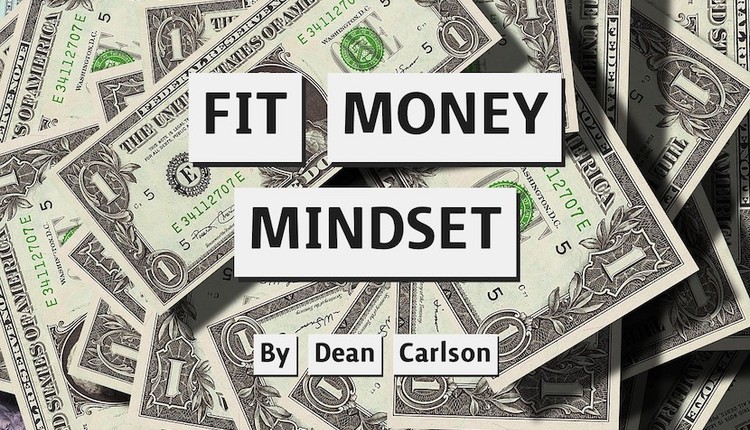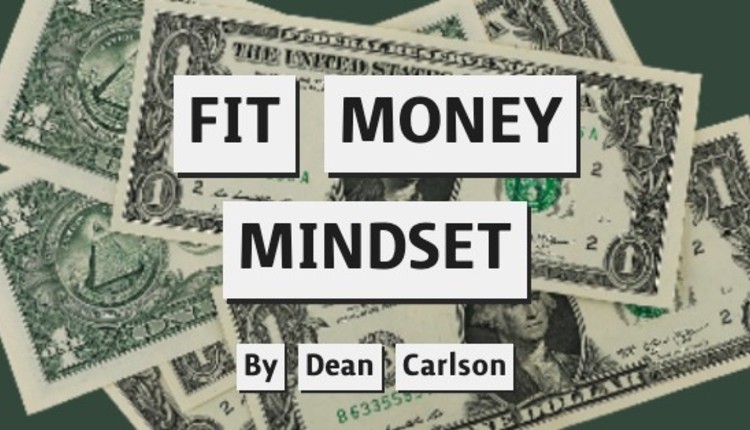Have you drawn a line in the sand when it comes to how you are going to approach managing your money? Are there certain principles you adhere to personally and professionally as to how and where you are going to spend and invest what you earn? Have you ever thought about money in terms of stewardship, rather than ownership?
Stewardship is defined by Merriam-Webster as “the careful and responsible management of something entrusted to one’s care.” This term is often used in association with caring for the environment. There is an inherent understanding that we won’t be here forever and want to pass good down to the next generation. There is similar value when you think about your money in these terms. A fit money mindset involves not only earning money, but also using it in a way that benefits ourselves and others.
Stewardship doesn’t happen by accident. In the same way that a river that has industrial waste constantly pumped into it will never clean itself, your cash flow can be “gunked up” by spending money you don’t have (also called debt), on things you don’t necessarily need, or a general apathy toward your financial picture. Good stewardship doesn’t just happen, you have to purposefully and predictably make it happen.
Your guiding principles surrounding money won’t just happen either. If there is anything good that came out of dealing with the pandemic, it most certainly involves a better awareness of sound money management. Those businesses that are not only surviving but thriving have a common set of principles: they are built to meet the owner’s financial needs; they are consistently profitable; they are up to date and on time with their taxes; and they are debt-free or truly understand how to invest with debt. Having a lasting impact on your clients, your team and your community depends on your financial stewardship.



















